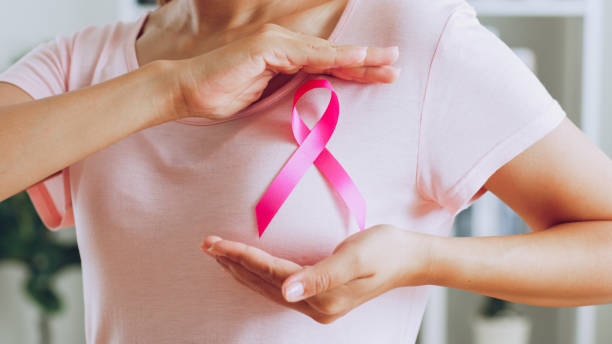Breast cancer is a disease that results from the abnormal growth of cells in the breast. The cells grow uncontrollably and form a lump, which can grow larger than the breast, and if not treated quickly, it will spread and invade other nearby cells through the lymph nodes. Breast cancer affects men and women, but it is one of the most common cancers affecting women worldwide.
Causes of Breast Cancer
Cancer has no specific cause, but some factors can increase the risk of developing the disease. Factors like:
- Smoking.
- Drinking
- Obesity or unhealthy weight.
- BRCA1, BRCA2 or other gene mutations.
- Age (cells become damaged with age and progress to cancer).
- Your family history or genetics.
- Previous radiation exposure.
- Dense breasts.
Symptoms
Breast cancer affects people differently, and the symptoms may be very distinctive. In some cases, there may not be any notable symptoms. However, the most common symptoms include:
- A mass or lump in the breast.
- A lump or thickening around the breast or in your underarms during your menstrual cycle.
- A change in the shape, colour, or size of your breast (it may look darker, red, or purple).
- Clear fluid or blood-stained discharge from the nipple.
- A change in the skin texture on your nipple or breast (the skin can become scaly, dimpled, or puckered).
- A marble-like hardened area under the skin.
Treatment
Surgery is the major treatment for breast cancer, but some other options can be considered or combined depending on the stage of cancer. The surgeries to consider include:
- Lumpectomy.
- Mastectomy.
- Breast reconstruction.
The other treatment options include:
- Radiation therapy.
- Chemotherapy.
- Targeted therapy.
- Immunotherapy.
- Hormone therapy.



